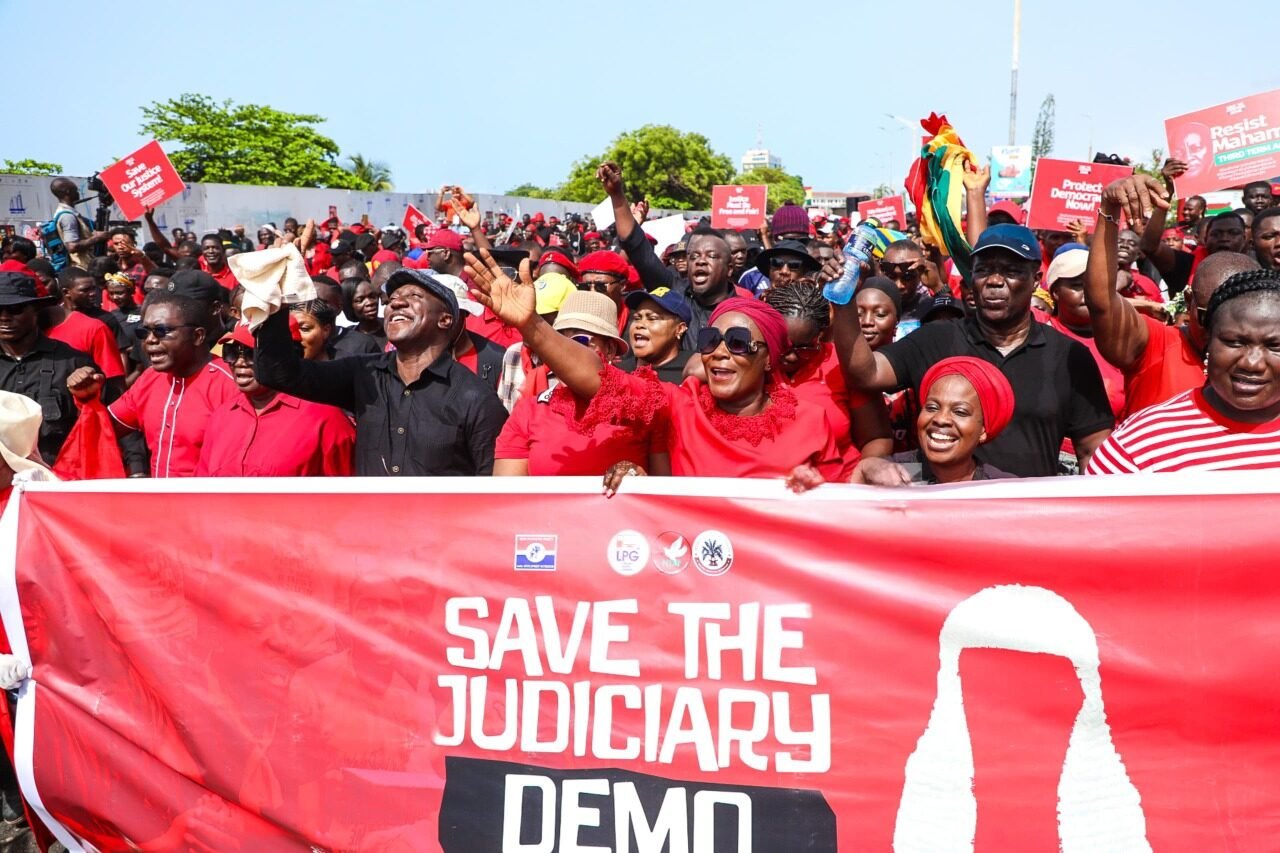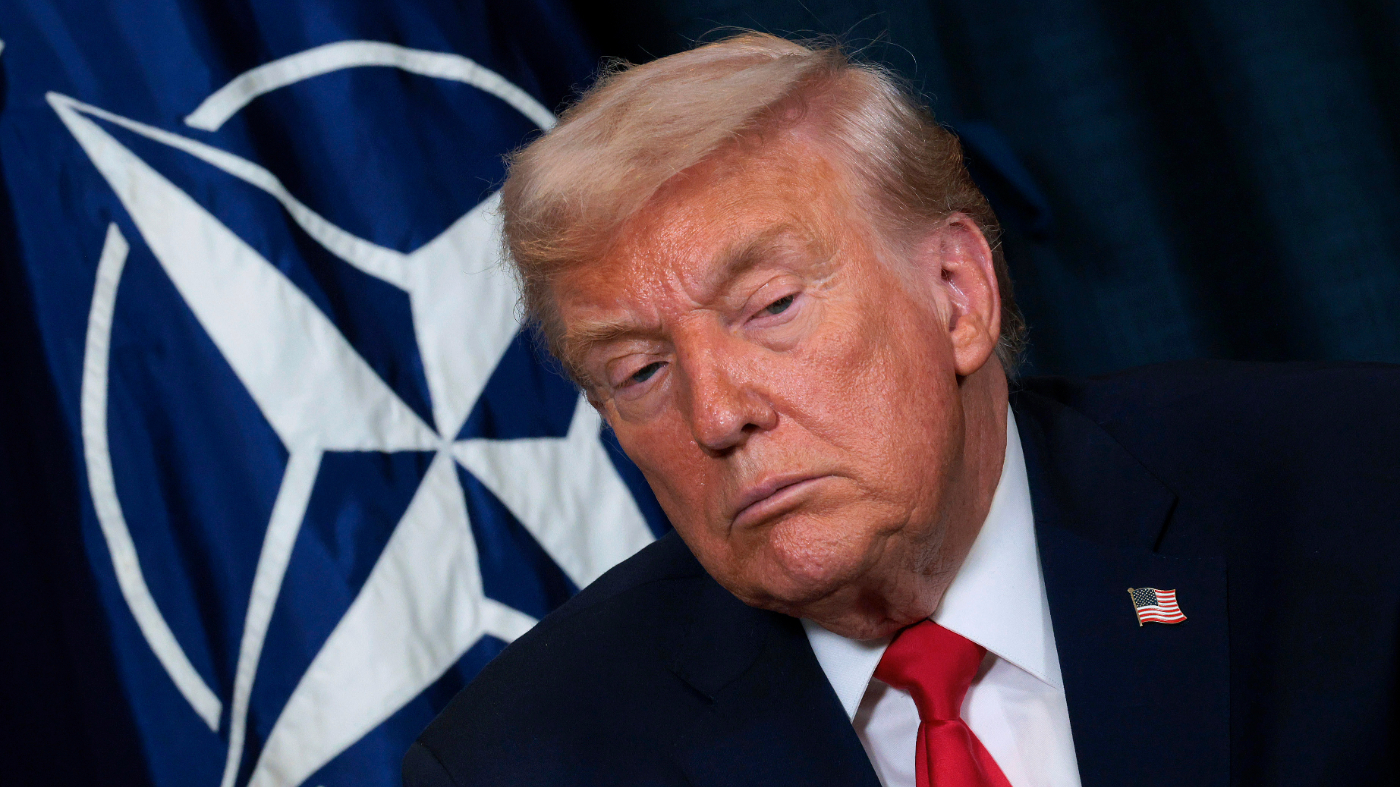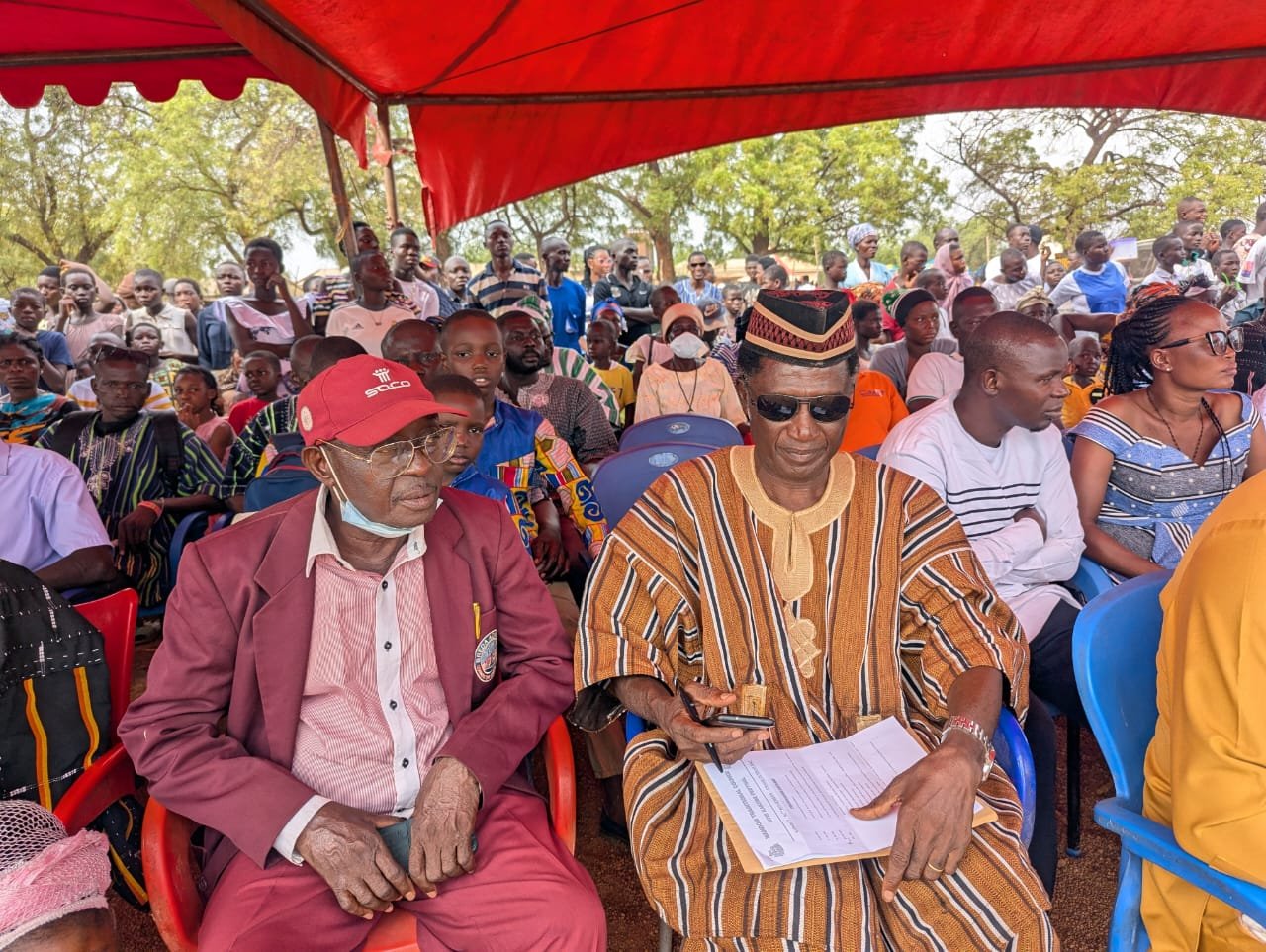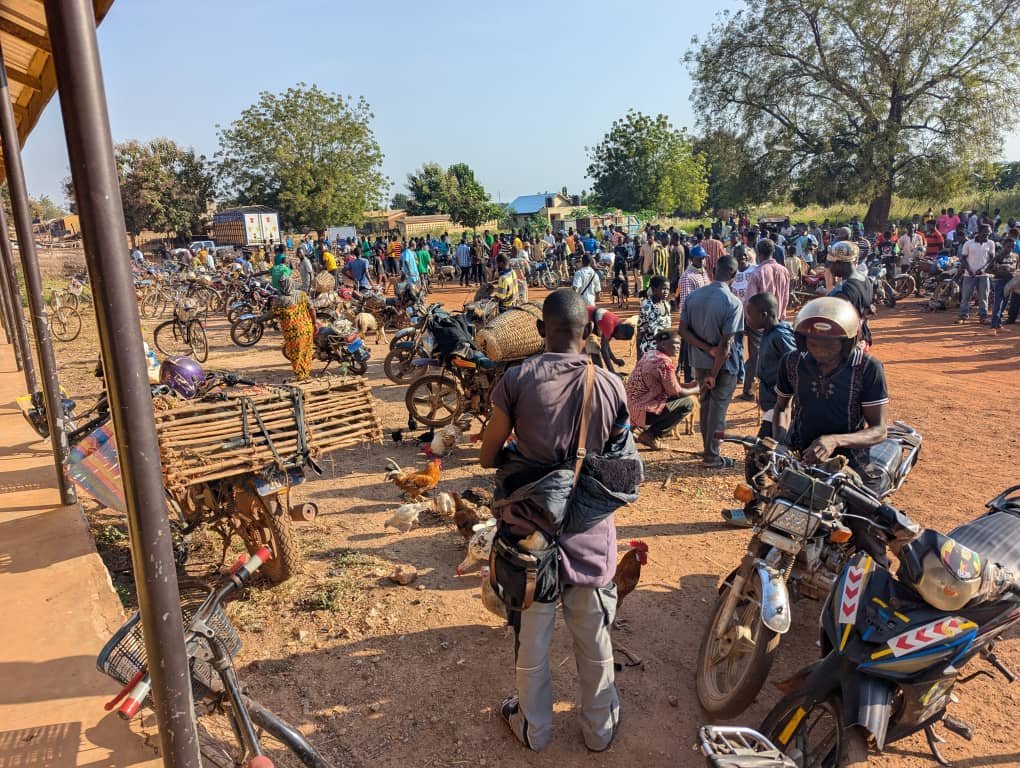Several political parties, led by the opposition New Patriotic Party (NPP), organized a major protest on Monday, May 5, 2025, to oppose the recent suspension of Chief Justice Gertrude Torkornoo. The demonstration drew hundreds of supporters and intensified political tensions in the capital, as protesters voiced concern over what they described as a threat to judicial independence.
The protest follows the suspension of Chief Justice Torkornoo by President John Mahama two weeks earlier, after three separate petitions alleging misconduct were submitted. Acting in accordance with Article 146(6) of the 1992 Constitution, the President appointed a five-member committee to investigate the allegations. The committee comprises Supreme Court Justices Gabriel Pwamang and Samuel Adibu Asiedu, former Auditor-General Daniel Yaw Domelevo, Major Flora Bazwaanura Dalugo of the Ghana Armed Forces, and Professor James Sefah Dzisah of the University of Ghana.
The NPP has strongly criticized the suspension, calling it politically motivated and harmful to the independence of the judiciary. “This is not just about one individual; it is about preserving the integrity of our democratic institutions,” said Henry Nana Boakye, the party’s National Organizer. He added that similar demonstrations would be staged across the country until what he called a “constitutional overreach” is overturned.
Appointed in June 2023, Chief Justice Torkornoo is the first head of the judiciary to be suspended under Ghana’s current constitutional framework. Her removal has sparked a nationwide debate, with legal experts, civil society organizations, and international observers calling for transparency and adherence to due process.
In the meantime, Justice Paul Baffoe-Bonnie, the most senior member of the Supreme Court, has been appointed to serve as acting Chief Justice while the investigation is underway. The committee’s findings will determine whether Justice Torkornoo is reinstated or permanently removed from office.
The situation continues to draw national and international attention, underscoring the delicate balance of power between the executive and judicial branches in Ghana’s democratic system.











